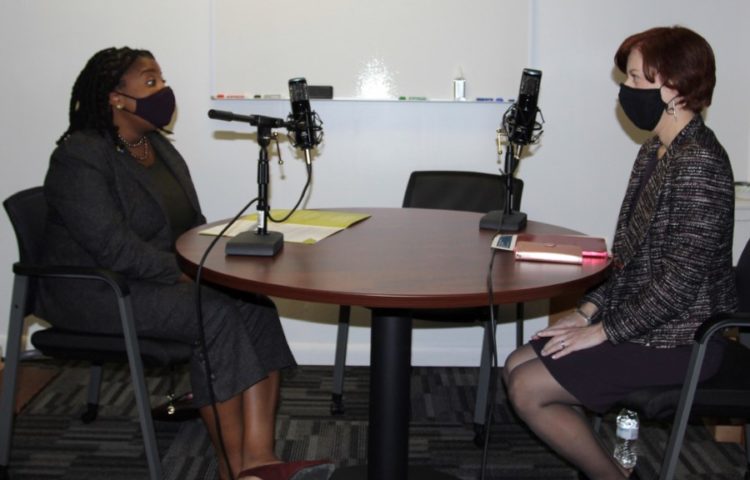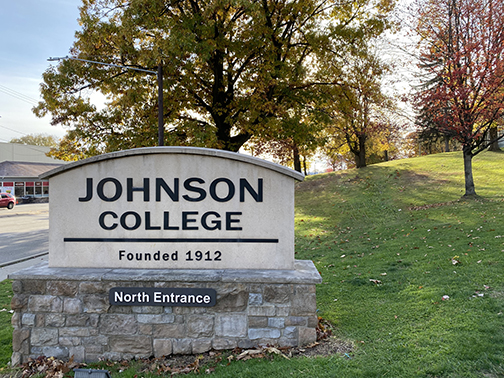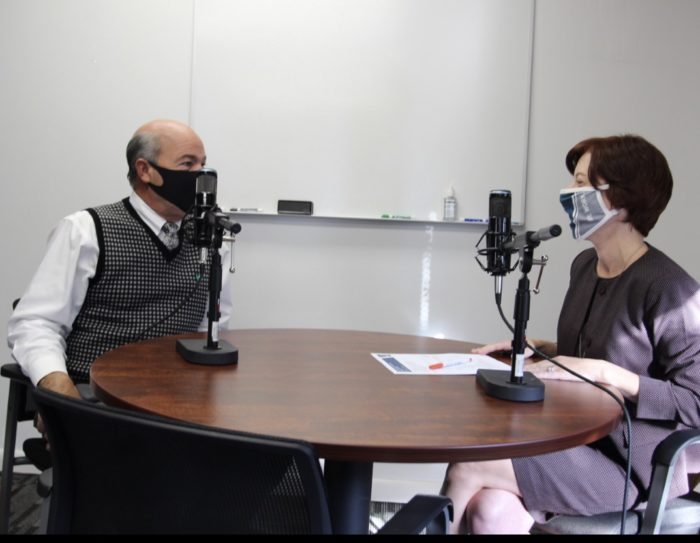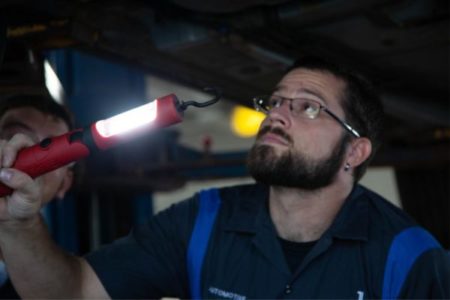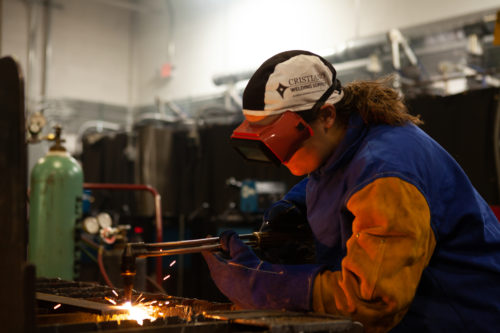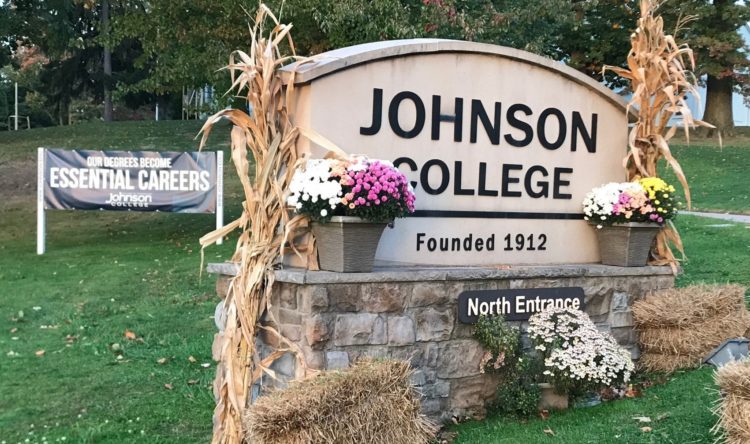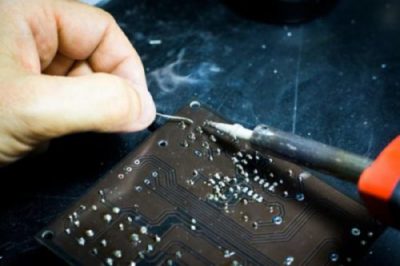Tech Talk with Johnson College Podcast Episode 7, “The Pandemic’s Influence on Healthcare and Mental Health” is now available.
In this episode of Tech Talk with Johnson College, Dr. Katie Leonard talks with LaTida Smith, President and CEO of the Moses Taylor Foundation. LaTida shares her insights on the importance of normalizing and valuing mental health, the influence of the healthcare system during the coronavirus pandemic, and how people can seize opportunities in the healthcare field – especially locally. Dr. Katie and LaTida also discuss the partnership between Johnson College and the Moses Taylor Foundation. This partnership formed because of the myriad of healthcare opportunities Johnson College offers. Plus, the desire of both organizations to educate people in the healthcare industry.
To listen to all of the Tech Talk with Johnson College Podcast episodes and learn more visit https://johnsoncollegepodcast.com/. The podcasts are also available on iTunes and Spotify.
As President and CEO of Moses Taylor Foundation (https://mosestaylorfoundation.org/), LaTida Smith operationalizes the Foundation’s commitment to improve the health of people in Northeastern Pennsylvania. With over 17 years’ experience in health legacy foundations, LaTida is driven by the opportunity to engage diverse stakeholders in identifying, prioritizing, and addressing local community health needs.
Prior to joining Moses Taylor, LaTida was Vice President of Saint Luke’s Foundation of Cleveland, directed the City of Cleveland’s HIV/AIDS Unit and served as a community educator for Planned Parenthood of Greater Cleveland.
She currently serves on the board of directors of Playworks and Highlights Foundation, the Center for Effective Philanthropy’s Advisory Board, and the University of Scranton’s Institutional Review Board. LaTida considers it a privilege to lead the development of this new philanthropy and promote collaborative strategies to increase opportunities for people in Northeastern Pennsylvania to live healthier lives.

